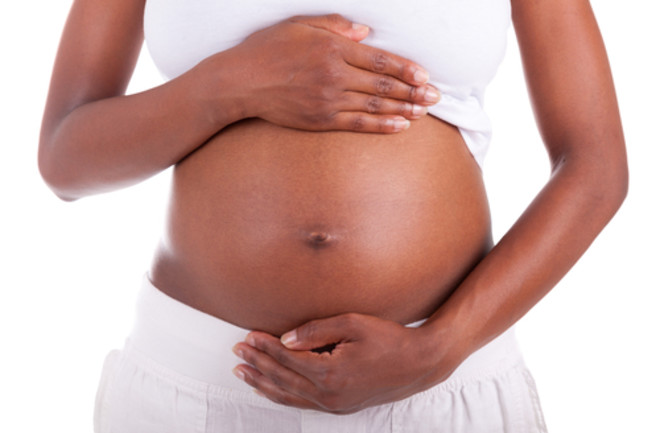Developing fetuses in the womb can be incredibly sensitive to both stressful environments and toxic assaults on their mother’s health. Infections with viruses like Zika or varicella, the culprit behind chickenpox, can cause serious birth defects — and lead to devastating cognitive difficulties and visual impairment. But will exposure to COVID-19 wreak the same kind of havoc on pregnant moms and their unborn babies?
Right now, several research teams are investigating the pandemic's potential impacts on pregnancy. And while many of these projects are still in their early stages, the scientists involved are addressing a slew of thorny questions — such as whether there are higher numbers of complications like preterm births among women who had babies during the pandemic — in an effort to unravel what, exactly, the fallout will be.
From Mother to Baby
As part of an ongoing project by birth-defect researchers called MotherToBaby, scientists are looking at both the short- and long-term effects of the coronavirus in pregnancy, as well as whether the virus can be transmitted through breast milk.
The observational study aims to enroll 800 expectant mothers with known or suspected COVID-19 infections and monitor their progress with phone calls over the course of their pregnancy. After they give birth, the researchers will take breast milk samples from the new moms and review medical records related to their pregnancy and the infant’s development. Eventually, they hope to track how these exposures will affect a child’s emotional, learning, memory and neurological development — and their overall health. “Right now, we can only speculate based on our experience with other viral infections, like rubella or influenza,” says Christina Chambers, the study’s principal investigator and a professor of pediatrics at the University of California, San Diego.
In May, the National Institutes of Health launched a multi-site investigation tackling similar questions. The study is being conducted by researchers in the Maternal-Fetal Medicine Units network, a group of 12 NIH-funded clinical and academic centers across the U.S. They plan to analyze the medical records of about 20,000 women to determine how COVID-19 influenced pregnancy outcomes in expectant mothers with and without infections. Beyond that, the study will track more than 1,500 women with confirmed COVID-19 infections for six weeks after childbirth.
Torri Metz, a professor of obstetrics and gynecology at University of Utah Health and the study's principal investigator, says they're probing some serious issues: Are there higher rates of complications — placental abruptions, cesarean sections, preterm birth — among women simply because they had their babies during the pandemic? And are there worse outcomes compared to women who gave birth before the pandemic because their prenatal care has been different — say, seeing doctors virtually or delaying additional care due to fears of in-person visits? The University of Utah, along with four hospitals in Utah’s Intermountain Health System, is one of the 12 study sites.
COVID-19 is already linked to a higher rate of cesareans and preterm births. But evidence is scant as to whether the virus can cross the placental barrier to infect the fetus. “Based on a small number of cases, we do see a higher rate of C-sections because the mom is in extreme circumstances and needs to get the baby out,” says Chambers. “But we don’t know for sure if the baby is getting the virus in utero or when it passes through the birth canal or becomes contaminated during delivery. That’s still an open question.”
Read more: COVID-19: How Does It Affect You?
These research teams hope to have preliminary findings out within the next year, although COVID-19's effects on fetuses are still a huge unknown. “We know very little about the impact on embryos during early development,” says Metz. “Neurological function or anomalies obviously can’t be assessed until children are much older.”
Ultimately, researchers plan to contribute data from these investigations to a larger registry for future investigations of the pandemic's impacts on maternal health and child development. And while we don’t have a crystal ball to reveal the long-term consequences of COVID-19 infections on in-utero development, the influenza epidemic of 1918 may provide some clues.
A 2018 analysis by a healthcare economist at the University of Maryland revealed that babies born during that pandemic suffered from higher rates of adverse health conditions later in life, including diabetes, kidney disease and heart disease. Other studies revealed that children born during the pandemic were shorter, poorer and less educated adults with higher rates of physical disability than the norm. “We’ll be looking for any evidence of specific types of malformations or minor structural defects” in the babies born during the pandemic, says Chambers.

